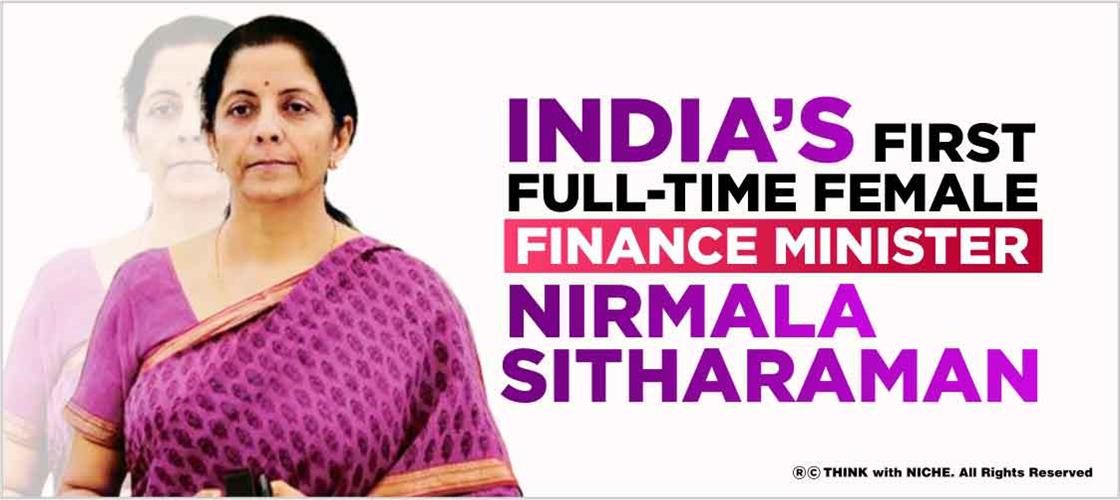The Man Behind Indian Constitution- Dr. Bheem Rao Ambedkar
Post Highlight
April 14 is celebrated as Babasaheb Ambedkar Jayanti every year in India. Dr. Bheem Rao Ambedkar was the Father of the Indian Constitution, a Social Reformer, and a Visionary who devoted his life towards creating a society where everyone was equal (Right to Equality). On the auspicious occasion of Babasaheb's Birth Anniversary, let's shed some light on his life and his endless contributions.
The Blog Flow:
Introduction to Ambedkar Jayanti
Babasaheb's Early Life and his Contributions
The Poona Pact
The Drafting of the Indian Constitution
Blog Key Takeaways
Podcast
Continue Reading..
Dr. Bheem Rao Ambedkar, the father of the Indian Constitution and the man who significantly contributed towards creating a Homogeneous Society, where everyone is treated equally lives in harmony. He was against the Cast System and wanted to create an India where equality prevailed and everyone enjoyed equal opportunities in every aspect of life.
Today, on his birth anniversary, let us bow down and pay respect for everything he did to Make India Great Again, after years of British Rule.
TWN through this blog aims to bring awareness about his contributions, and personality. 14th of April is also celebrated as Knowledge Day and Equality Day in India.
Introduction to Ambedkar Jayanti
Dr. B. R. Ambedkar, also known as Babasaheb Ambedkar, was an Economist, a Politician, the Father of the Indian Constitution, and a Social Reformer who fought for the Rights of Dalits (untouchables) in India. Ambedkar was also an Advocate who fought for Women's Rights and Labor Laws.
He was the #First Law and Justice Minister of Independent India. His contributions towards building the Republic of India as a great nation are commendable; for which every year our nation pays its tribute and respect by celebrating April 14 as Ambedkar Jayanti.
Babasaheb's Early Life and His Contributions
Babasaheb earned an M.A, P.Hd in Economics from Columbia University, an M.Sc, D.Sc from London School of Economics. He used his strong grasp of Economics to free the State of India from archaic beliefs and ideas. He opposed the concept of creating separate electorates for the Dalits and supported equality for all.
He established the Bahishkrit Hitakarini Sabha to promote education among the “social outcasts,” which comprised of Non-Brahmins. He introduced the Five Diurnals- Mooknayak, Bahishkrit Bharat, Samta, Janata, and Prabuddha Bharat; for the deprived section of the society in India.
The Poona Pact
In 1932, the British Government announced the formation of a separate electorate for the "Deprived Class"; this was strongly opposed by Mahatma Gandhi, as he feared that such an arrangement would divide the Hindu Community in the future. Gandhi protested by refusing to eat while imprisoned in the Yerwada Central Jail of Poona. Following the fast, congressional politicians and activists such as Madan Mohan Malaviya and Palwankar Baloo organized multiple meetings with Ambedkar and his supporters towards striking synergy among each other.
On 25 September 1932, the agreement known as the Poona Pact was signed between Ambedkar (he was representing the depressed classes among Hindus) and Madan Mohan Malaviya (on behalf of the other Hindus and Mahatma Gandhi). The agreement gave reserved seats for the deprived class in the Provisional Legislature within the general electorate. Due to the Poona Pact, the deprived class received 148 seats in the legislature instead of the 71, as allocated earlier by the Colonial Government under Prime Minister Ramsay MacDonald. The text used the term "Depressed Classes" to denote Untouchables or Dalits among Hindus who were later identified as "Scheduled Castes" and "Scheduled Tribes" under the India Act 1935 and later under the Indian Constitution of 1950.
The Drafting Of the Indian Constitution
When India gained Independence in 1947, the First Prime Minister of Independent India (Pandit Jawaharlal Nehru) appointed Babasaheb Ambedkar as the #First Law and Justice Minister; and after two weeks, he was made Chairman of the drafting committee of the Constitution.
The Indian Constitution guarantees 7 Fundamental Rights (First Draft) to citizens of Inda, namely- the right to equality, right to freedom, right against exploitation, right to freedom of religion, cultural and educational rights, right to property, and right to constitutional remedies.
Babasaheb Ambedkar fought for extensive economic and social rights for women and took assembly in confidence for introducing a system of reservations in jobs, educational institutions for members of Scheduled Castes and Scheduled Tribes and Other Backward Class; a system to provide equal opportunities.
The Constitution of India was approved and adopted on 26 November 1949 by the Constituent Assembly.
Blog Key Takeaways
The contributions of Dr. Bheem Rao Ambedkar have been the building blocks of India and have inculcated equality for everyone in every aspect of life, and laid the foundation for India to emerge as the Largest Democracy in the World in days to follow.
His competence as a Social Reformer value-added in the drafting of the Indian Constitution. On the occasion of his Birth Anniversary, the nation pays its respect to Babasaheb.
If you have enjoyed reading this Blog, TWN recommends you to read our Blog on India's First Full-Time Female FM- Mrs. Nirmala Sitharaman. Click on the Image Below!
